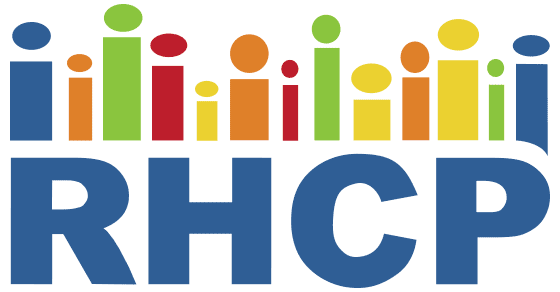Healthy Immigrant Families: Participatory Development and Baseline Characteristics of a Community-Based Physical Activity and Nutrition Intervention
Contemporary Clinical Trials Dec 2015
RHCP developed and tested a culturally tailored physical activity and nutrition intervention for immigrant and refugee families in Rochester, Minnesota, using a community-based participatory research (CBPR) approach. The intervention was co-created by academic and community partners from Hispanic, Somali, and Sudanese backgrounds and delivered by trained bilingual Family Health Promoters (FHPs) through home visits and follow-up calls. The program included 12 modules covering physical activity, nutrition, and behavior change strategies grounded in social cognitive theory. Baseline data showed that while participants engaged in moderate levels of physical activity and had relatively high fruit and vegetable intake, most were overweight or obese and did not meet dietary guidelines.
The intervention design emphasized community ownership, cultural relevance, and family engagement. Focus groups revealed that shared immigration experiences shaped health behaviors more than cultural differences, and social support was a key motivator for change. Recruitment and implementation were led by community partners, resulting in high participation and trust. The randomized trial design included a delayed-intervention control group, with measurements taken at multiple time points. RHCP’s approach demonstrates the feasibility and impact of participatory, family-focused interventions in addressing cardiovascular risk and promoting health equity among immigrant populations.
